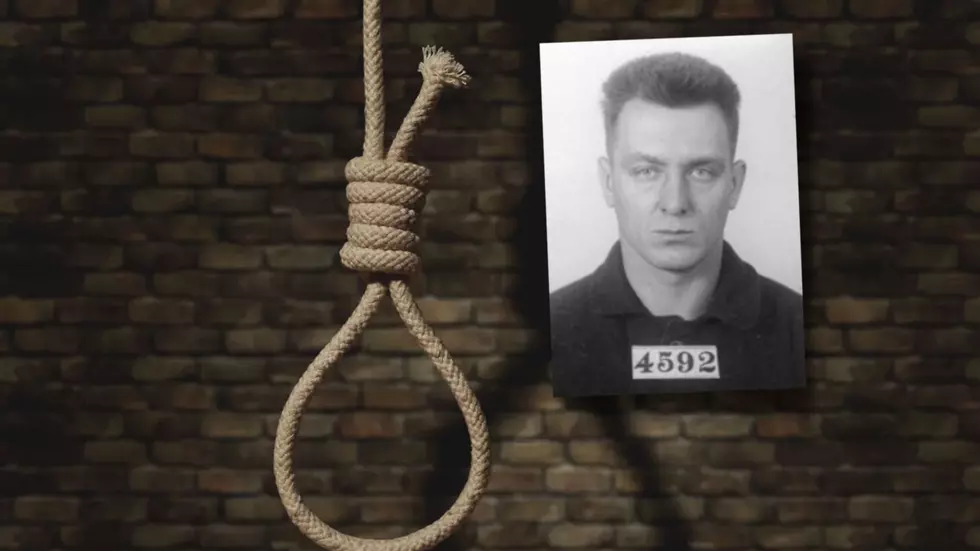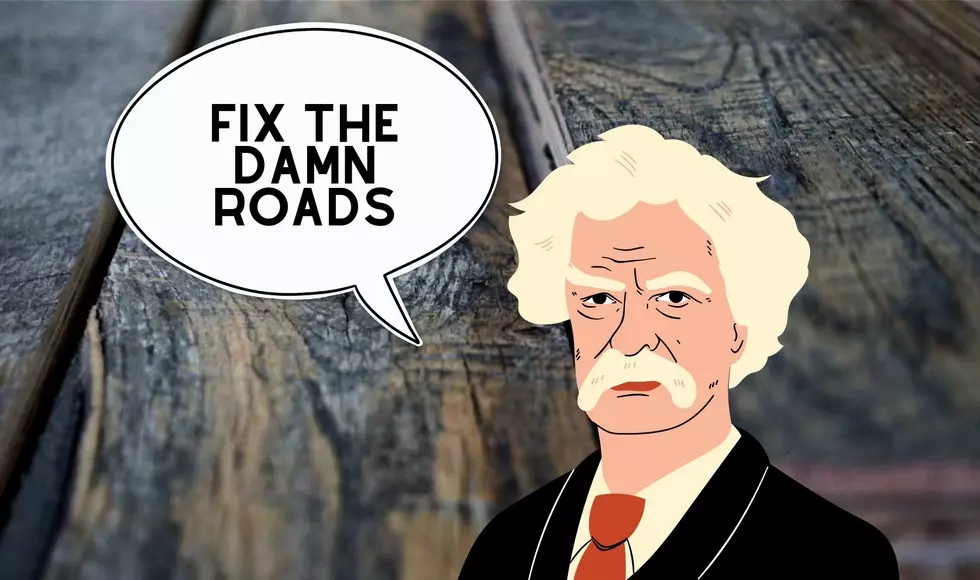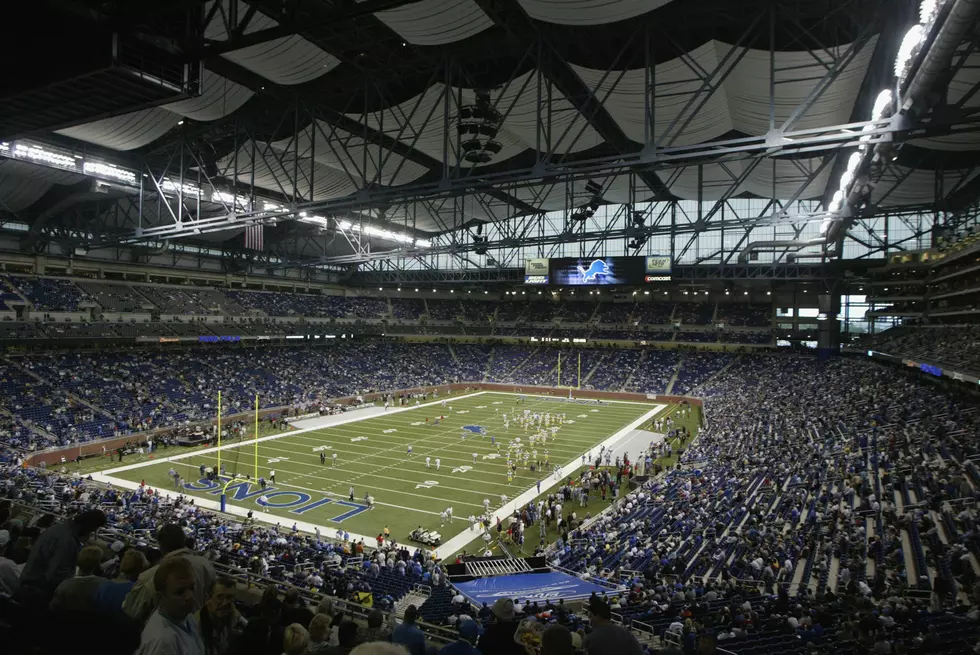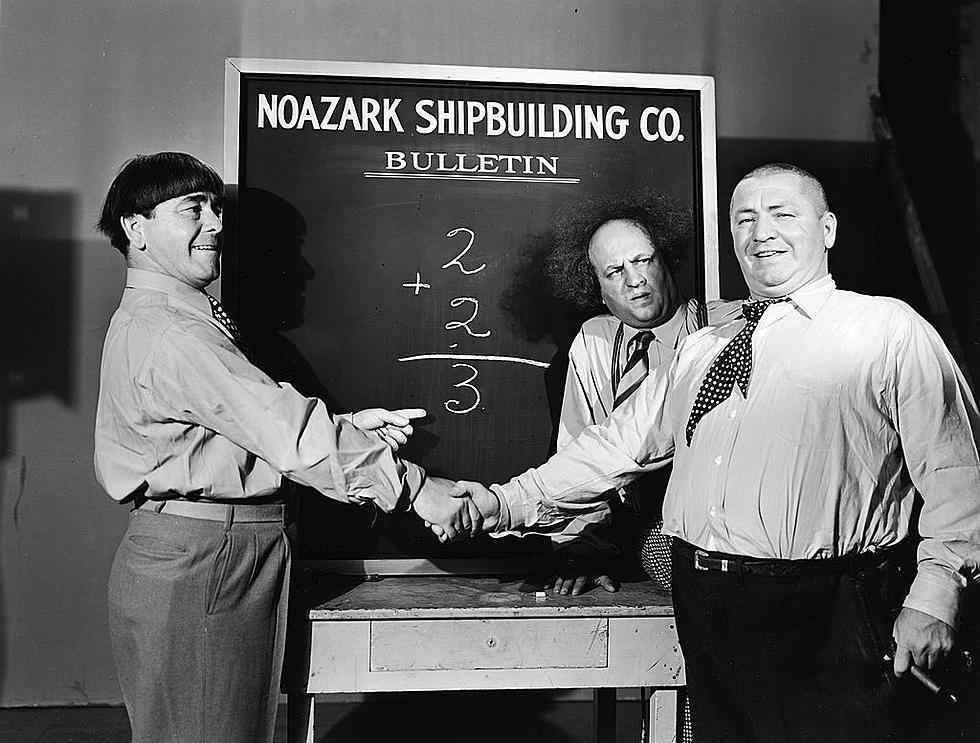
Michigan Has Banned the Death Penalty for Nearly 180 Years, Yet Its Last Execution Was Only 84 Years Ago
Michigan abolished the death penalty well over a century ago.
How is it, then, that an execution - the state's last - was only 84 years ago this month?

Michigan gained its statehood in 1837, and ten years later, abolished the death penalty. That ban stood for 91 years, until Anthony "Tony" Chebatoris came to Midland. He was a Russian-born bank robber who has the distinct title of being Michigan's only execution in the past - almost - two centuries.
On September 29, 1937, Tony attempted to rob the Chemical State Savings Bank with fellow ex-convict Jack Gracey. During the robbery, Tony shot and critically wounded bank teller Paul D. Bywater by shooting him in the back. Their attempt to rob the bank fell apart, and as they fled, Tony was hit in the left arm from a rifle shot delivered by Dr. Frank L. Hardy, who was operating a second-floor dental practice across the street.
Tony was driving the getaway vehicle, and crashed into another parked car. He and his partner exited. While attempting to get away, Gracey was shot in the head by Bywater. Tony spotted a man in a cap and uniform - mistaking the person as a police officer - and fired. He had just mortally wounded an innocent bystander and truck driver, Henry J. Porter.
Chebatoris fled the area, but was apprehended by a road repairman and Midland County Sheriff Ira M. Smith.
He was charged and convicted of murder, and bank robbery, but the United States has just enacted a new law - the Federal Bank Robbery Act of 1934, meaning, Tony had just committed a federal crime, and committed murder during its attempt.
At the time, the Federal government was enforcing the death penalty. Additionally, the Federal Government had passed a new law in 1937 stating that federal executions were to take place in the state where the offense occurred. However, it applied only to states that still had the death penalty, meaning Michigan was seemingly excluded.
Officials from Illinois and Indiana both came to Michigan's aid, saying they could hold the execution in their state, but a little-known death penalty statute was discovered in Michigan Law, regarding treason.
"You have been told that there is no capital punishment in Michigan... you are in Federal territory here. The laws of Michigan do not apply. The Federal law is that capital punishment may be inflicted." - John C. Lehr, US Attorney to the trial jury on Oct. 28, 1937
This satisfied the requirement of the federal law, and fixed Michigan as the state of execution for Tony.
Michigan lawmakers attempted to prevent this from happening. Governor Frank Murphy spoke openly about it.
"Everyone knows [Chebatoris] is guilty... I'm trying to prevent the federal government from erecting a scaffold and hanging a man in my state, where it hasn't been done in 108 years."
An appeal to then-president Franklin D. Roosevelt fell on deaf ears, and Anthony "Tony" Chebatoris was executed by hanging, July 8, 1938, and became the first person executed in 108 years. He is still the ONLY person to have been executed in the past 192 years.
But that streak could soon be broken again, as one Michigan man, Marvin Charles Gabrion - was convicted of murdering Rachel Timmerman on federal property in Michigan. He was put on death row in 2002, but no execution date has yet been set as he continues to appeal his sentence.
Three Forgotten Michigan Criminals
More From WKMI









